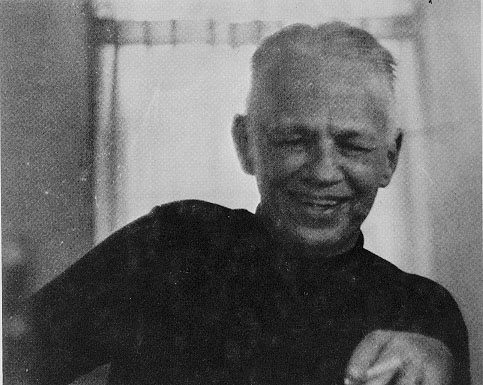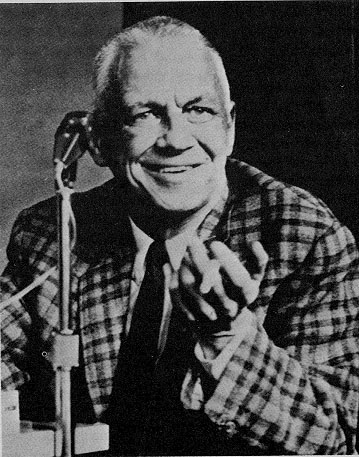
This is a memorial site for Willmoore Kendall.
Political Scientist, Student of the American Political Tradition, and Defender of Majority Rule


Basic Symbols of the American Political Tradition
Willmoore Kendall Contra Mundum
Letters of Willmore Kendall to His Father
Last Updated July 4th, 1999 by
Clifford A. Bates, Jr.